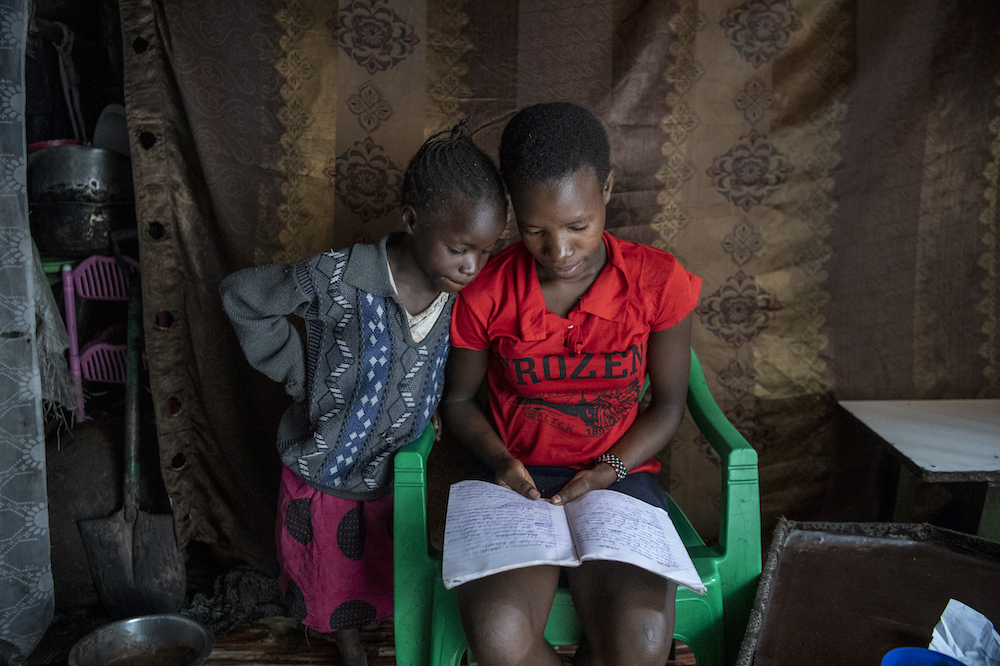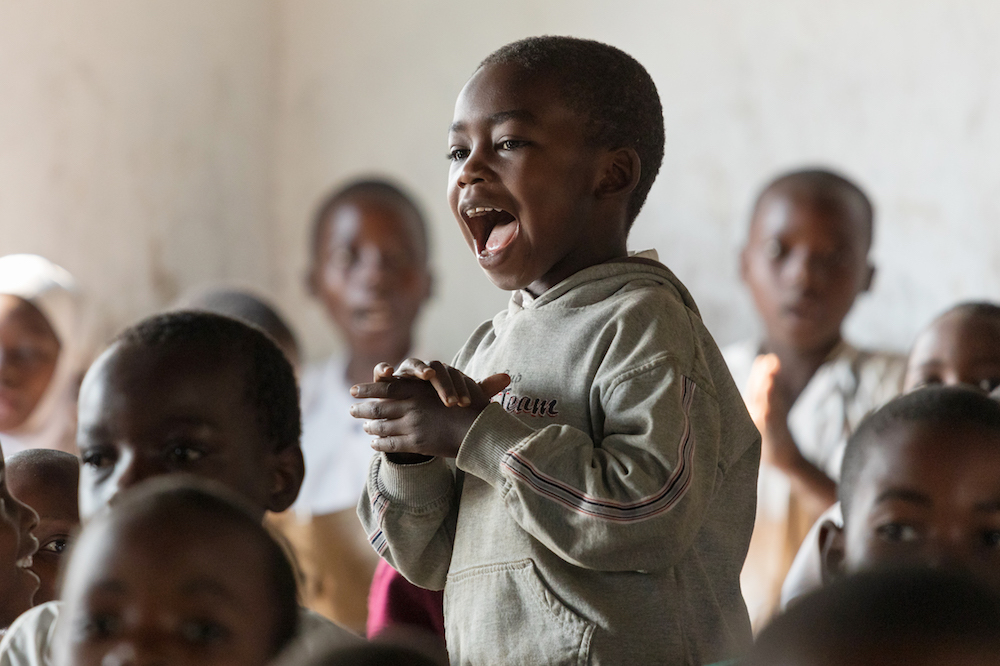
Indian state encouraged by success of pre-primary classes in every school
Right to education
The national government is urging other states to follow Punjab's programme after 160,000 children aged three to six were enrolled in classes.
The popularity of pre-primary education in India is growing fast – thanks to the huge success of a scheme launched in November.
Punjab became the first state to start free pre-primary classes in every school and now the national government is encouraging other states to do the same.
About 160,000 children aged from three to six have been enrolled in 12,955 primary schools across Punjab, which has trained nearly 25,000 teachers to look after them.
In Amritsar alone, more than 11,000 children – mostly from rural areas – have joined pre-primary classes at 874 government schools.
“There has been a change in the attitude of people – as almost everyone wants to send his or her child to school. I have seen a lot of enthusiasm among the residents of the district,” said Manpreet Kaur, District Coordinator for Padho Punjab.
Now 101 schools in Karnataka state are to test whether opening pre-primary classes improves the enrolment rate in Class 1 at primary school.
Many schools offer informal preschool education – but the state government has given official permission for these schools to take part in the experiment.
“We want to check if there is evidence that strength in government schools improves after this measure,” said Shalini Rajneesh, Principal Secretary of the Primary and Secondary Education Department.
Theirworld has been campaigning for every country to provide two years of free, quality pre-primary education to every child – and to spend 10% of its education budget on pre-primary.
Preschool helps children aged three to five with cognitive and social skills such as early reading and mathematics, and social interaction.
Lack of access to these can have a lifelong impact on a child’s physical and mental health, learning, behaviour and ability to reach his or her full potential.
The India Early Childhood Education Impact Study of 14,000 children last year found that four in 10 sampled four-year-olds were attending a preschool programme. But it said the choice was mainly between government “nutrition and daycare centres” and private preschools.
The study called for better regulation and for pre-primary education to be available to every child under the Right to Education Act 2009.
Punjab’s pre-primary classes run for three hours each day. An education department official told the New Indian Express: “Toys and other child-friendly stuff, including see-saws, are kept for the children so that they feel at home.
“Teachers teach alphabets, words, numbers etc to the tiny tots while playing. They also narrate stories to the kids.”
Punjab Education Secretary Krishan Kumar said the pre-primary classes “will help the government schools in a big way in the future and strengthen the foundation of the education system in these schools”.
Theirworld’s #5for5 campaign and our work on early childhood development is supported by the Conrad N. Hilton Foundation.
More news

